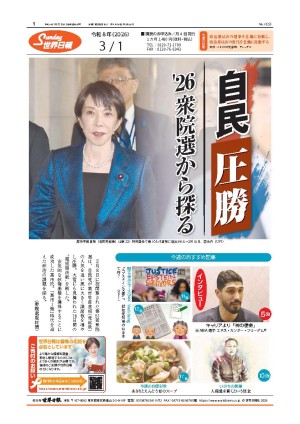20人以上の候補者に公平な討論会を模索する米民主党 Democrats try to level debate playing field for two dozen candidates
民主党は2020年大統領選でトランプ大統領と戦う対抗馬を選ぼうとしているが、討論会の枠を求めて競い合っている20人以上の民主党候補者たちを囲い入れる仕事に比べれば、猫の群れをまとめる方がたやすいかもしれない。
民主党全国委員会(DNC)のトム・ペレス委員長は、DNCが何回の討論会を認可し、出演枠をどのように決めるかについて、クリスマス前までにプランを明らかにするとみられている。
その決定は、一筋縄ではいかない可能性が高い。
...【全文を読む】







